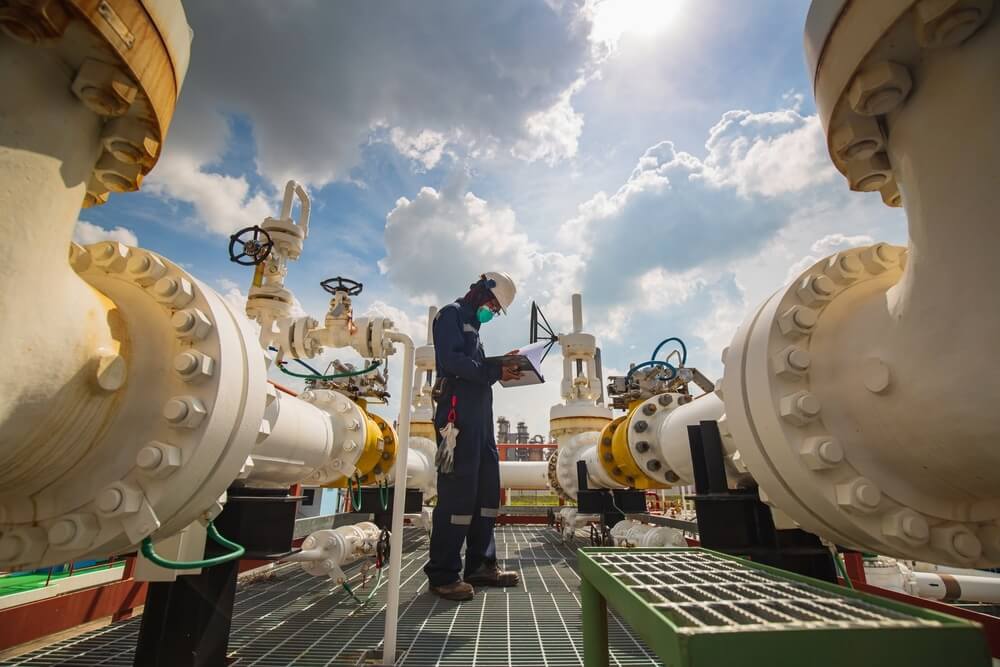
Oil Prices Increased by Nearly 1%
Oil prices rose nearly 1%, extending gains from the previous session. China relaxed some of its strict COVID-19 protocols.
Brent oil futures were up 87 cents, or 0.9123%, to $96.86 per barrel at 0041 GMT after closing up 1.1% on Friday.
US WTI crude futures were at $89.76 per barrel. The price was up 80 cents, or 0.9%, after closing 2.9% higher on Friday.
On Friday, commodity prices rose after China’s National Health Commission revised its COVID prevention and control measures. However, COVID cases increased in China over the weekend.
The easing of regulations includes shortening the quarantine period for confirmed cases by two days, close contact with arriving travelers, and exemption from fines for airlines that bring in infected passengers. China’s demand for oil from the world’s top exporter, Saudi Arabia, has remained weak, with several refiners requesting less crude in December.
US Treasury Secretary Janet Yellen said that India could continue to buy as much Russian oil as it wants, even at prices higher than a G-7-imposed price cap mechanism, if it avoids Western insurance and maritime services subject to the cap.
US Federal Reserve Governor Christopher Waller has stated that a string of weak reports will be required for the bank to ease up on interest rate hikes, which have been driving up the dollar and depressing commodity prices in the greenback.
Natural Gas Boom
According to the company’s CEO, that launched the latest gas production project. If Israel and Lebanon’s recent maritime border agreement spurs more regional investment, the Eastern Mediterranean could become a reliable energy supplier to the European Union. Energean announced the first gas production at the Karish field offshore Israel at the end of October, just two weeks after Israel and Lebanon reached a historic agreement.
The agreement between Israel and Lebanon may open up the Eastern Mediterranean region, which has seen significant gas discoveries in recent years, to add oil and gas exploration. By helping the EU diversify its gas supply sources as it works to wean itself off Russian gas by 2027, the dispute’s resolution may encourage more investment in gas supply from a region close to the EU. As markets digest last week’s economic data, the US dollar is trading higher this morning. Since then, Fed speakers have emphasized the importance of fighting inflation, and while the pace of interest rate hikes may have slowed, this does not imply a pause or reversal of the hawkish narrative. With this in mind, the USD should remain strong in the coming months.
OPEC cut its forecast for 2022 global crude oil demand growth for the fifth time and for next year, citing mounting economic challenges such as high inflation and rising interest rates.
Oil demand will increase by 2.55 million barrels per day, or 2.623%, in 2022, according to (OPEC), down 100,000 barrels per day from the previous prediction. The increase in oil demand that OPEC predicts for next year is 2.241 million BPD, which is 100,000 BPD less than initially predicted.
Commenting on the growing challenges, OPEC maintained its outlook for global economic growth for 2022 and 2023 and said there was potential for growth, although risks had been mitigated.



